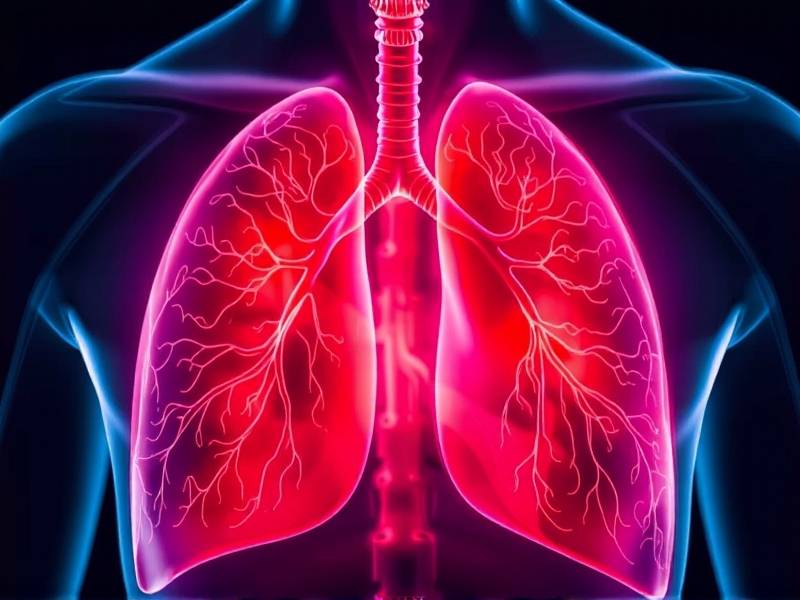When Does Lung Health Improve After Quitting Smoking?
The Journey to Better Lung Health: When Does It Begin After Quitting Smoking?
Introduction: Smoking has long been recognized as a leading cause of lung diseases and respiratory issues. Quitting smoking is a significant step towards improving lung health, but many individuals often wonder how long it takes for their lungs to start showing improvements. In this article, we will explore the timeline of lung health improvement post-cessation and shed light on the factors that influence this process.
I. The Immediate Impact of Quitting Smoking When you quit smoking, your body begins the healing process almost immediately. Within minutes of your last cigarette, your blood pressure starts to drop, and your heart rate begins to normalize. Within 12 hours, carbon monoxide levels in your blood decrease significantly, and within 2-12 weeks, circulation improves.

II. Early Improvements in Lung Function Within the first few months after quitting smoking, you can expect to see some noticeable improvements in lung function. For instance:

A. Reduced Shortness of Breath: You may find it easier to breathe and experience less shortness of breath as your lungs begin to clear out mucus and debris.
B. Enhanced Taste and Smell: Your sense of taste and smell will start to improve as the cilia (hair-like structures) in your nose begin regenerating.
C. Improved Exercise Capacity: Your cardiovascular system will adapt to the absence of nicotine, allowing you to exercise more comfortably and with increased endurance.
III. Long-term Benefits for Lung Health The benefits of quitting smoking continue to accumulate over time:
A. 1-9 Years Post-cessation: The risk of chronic obstructive pulmonary disease (COPD) decreases significantly compared to continuing smokers.
B. 10-19 Years Post-cessation: The risk of developing COPD is reduced by half compared to current smokers.
C. 20+ Years Post-cessation: The risk of developing COPD is similar to that of never-smokers.
IV. Factors Influencing Lung Health Improvement
A. Duration of Smoking: Individuals who have smoked for a shorter duration may experience faster improvements in lung health than those who have smoked for many years.
B. Quantity Smoked: The more cigarettes smoked per day, the longer it may take for lung health improvement post-cessation.
C. Genetic Factors: Some individuals may have a genetic predisposition that affects their ability to heal from smoking-related damage.
V. Importance of Continued Vigilance
Even though quitting smoking offers significant benefits for lung health, it's essential to maintain vigilance against potential risks such as exposure to secondhand smoke or air pollution.
Conclusion: The journey towards better lung health after quitting smoking is a gradual process that varies from person to person. By understanding the timeline and factors influencing this process, individuals can stay motivated and committed to their smoke-free lifestyle, ultimately leading them towards improved overall well-being.
